As pipe bending can be a difficult and sometimes costly secondary operation, fittings are often used join two straight sections of pipe together at an angle as needed for various pipe configurations. Read More…
Cada Stainless & Alloys has the stainless steel tubing that you need. We also specialize in the supply of stainless steel strips and coils, providing many finishing options, processing options, and other customization options.
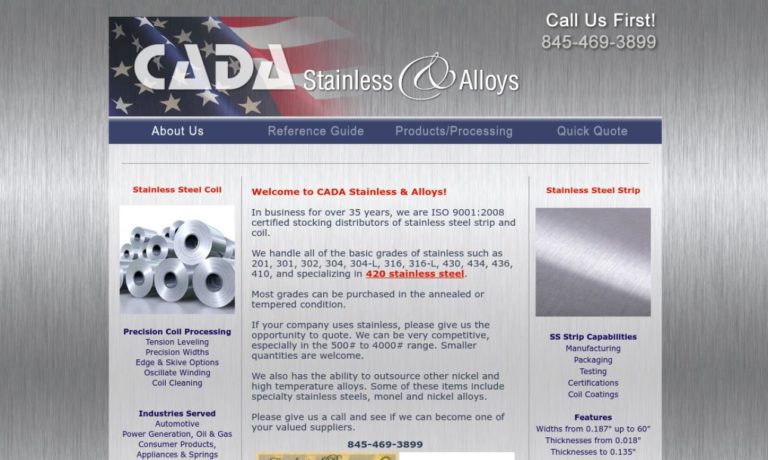
Welded Tubes has a variety of tube shapes and tube sizes: squares, rectangles, hexes, octagons, etc., including many metric OD's. We make automotive, retail, safety, and medical tubing. Our steel tubing is suitable for any applications, including for high-end consumer products; it is high strength, made to tight tolerances, and aesthetically pleasing.
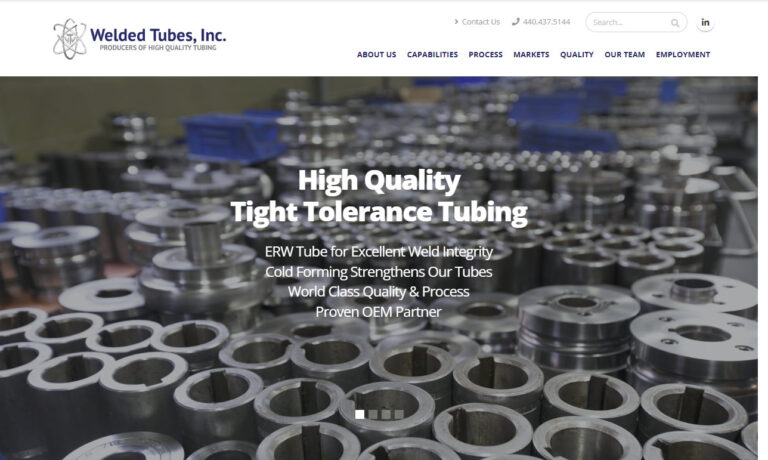
Welcome to Appleton Stainless Incorporated, where we pride ourselves on our expertise in providing high-quality stainless steel tubing solutions to meet the diverse needs of our clients. With years of experience and a commitment to excellence, we have established ourselves as leaders in the industry, delivering innovative products and services tailored to exceed our clients' expectations. Our...
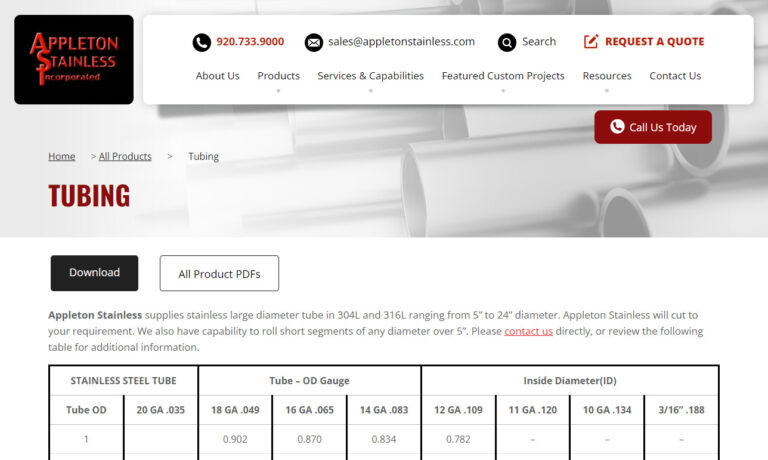
You’ll find the finest structural and ornamental polished stainless steel tubing at Century Tube Corporation! This stainless tubing manufacturer solves a broad range of stainless steel tube applications in a variety of industries. Discover the complete capabilities of one of the oldest and strongest stainless steel companies!
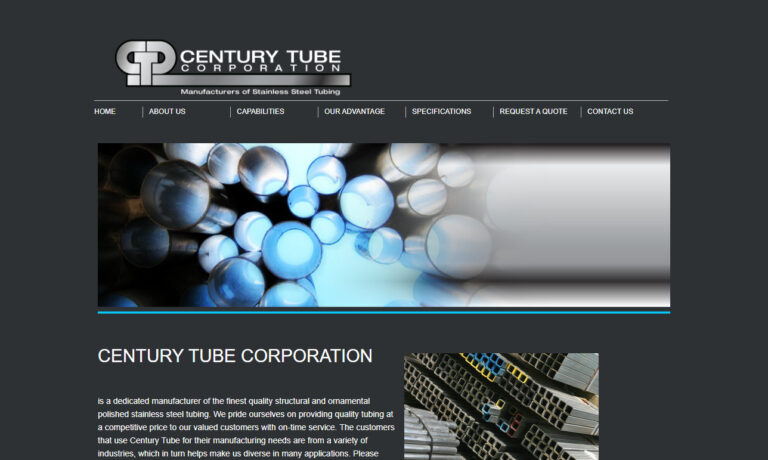
More Stainless Steel Pipe Fitting Manufacturers
An integral part of plumbing and flow systems, pipe fittings must be able to safely transport all fluids, gases and even solids that may be entered into the system. For this reason and others, stainless steel is a common material used in the production of these fittings as it is extremely strong, durable and resists corrosion in a number of corrosive environments.
Pulp and paper, petrochemical, water treatment, automotive, medical, dental, semiconductor, food processing and aerospace industries among others utilize these fittings in a number of different applications. Stainless steel pipe fittings are the most common choice in medical and food processing environments as high grade alloys are hygienic and easily sanitized.
The many benefits of stainless steel pipe and fittings often outweighs the higher initial cost as the elemental structure of stainless steel significantly increases product longevity, reducing long term expenses such as maintenance and replacements. Although fittings may eventually need repair or replacement, this material is easily melted down and recycled, further reducing costs and waste.
Steel is composed primarily of iron with varying amounts of carbon and a wide variety of additional metallic components. To be classified as stainless, chromium must make up at least 10% of alloy content. Stainless steels can be placed into one of four major categories based on content and properties, these categories are used to determine the proper composition required for pipe fittings in a given application.
Ferritic, martensitic, duplex and austenitic are common categorizations of stainless steel with the latter being the most popular choice for pipes, tubes and fittings. Welding, seamless tubing via extrusion, die-cutting and metal spinning are common techniques employed in the production of fittings which can be conformed to work with round, oval, square and rectangular cross-sectioned pipes.
Common examples of these fittings include adapters, bulkhead fittings, caps, couplings, end bells, expansion joints, flanges, reducers and elbows. The process, particular stainless steel alloy and part configuration should be carefully considered with regards to the intended use of stainless steel fittings.
Further considerations include inner and outer dimensions, wall thickness, pressure rating, maximum bend radius, temperature range, length and finishing. These concerns must take into account not only what will flow through the fittings, but also the pipes to which they will be connected. Improper dimensions, for example, may lead to leaks and even the failure of a flow system.

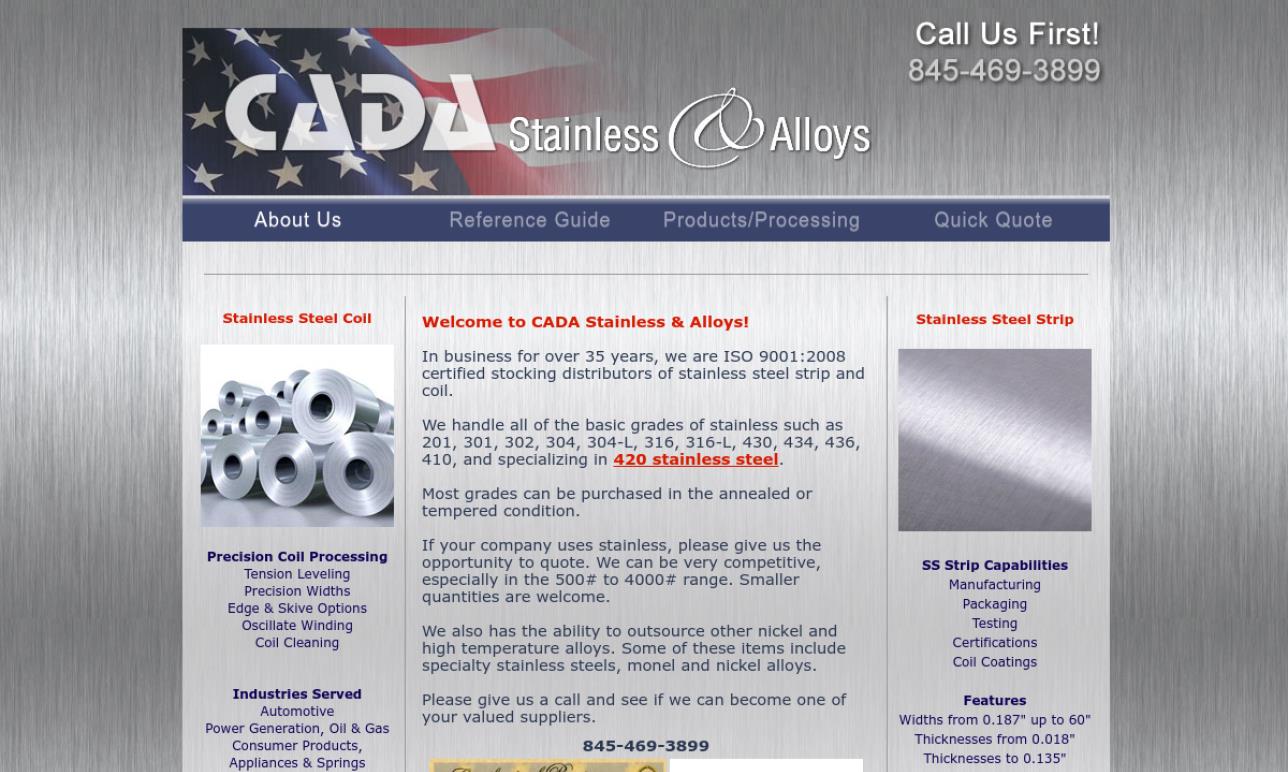
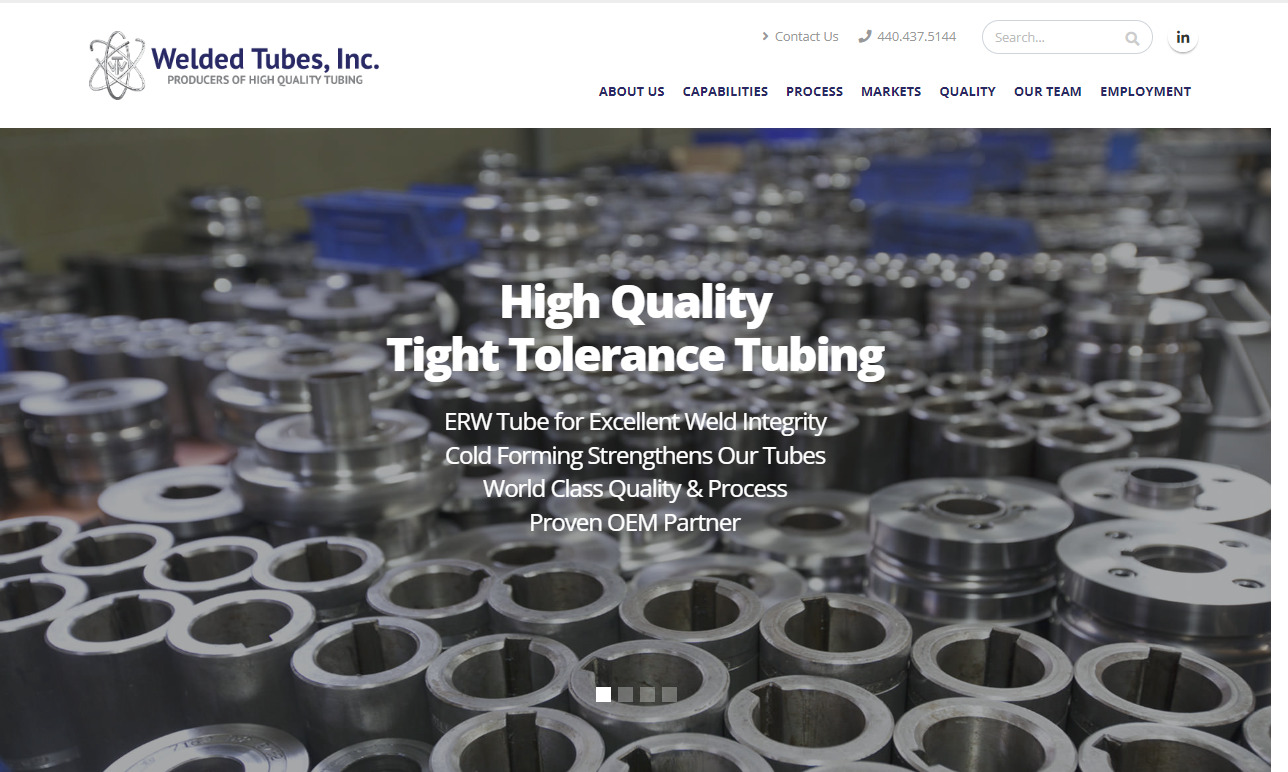
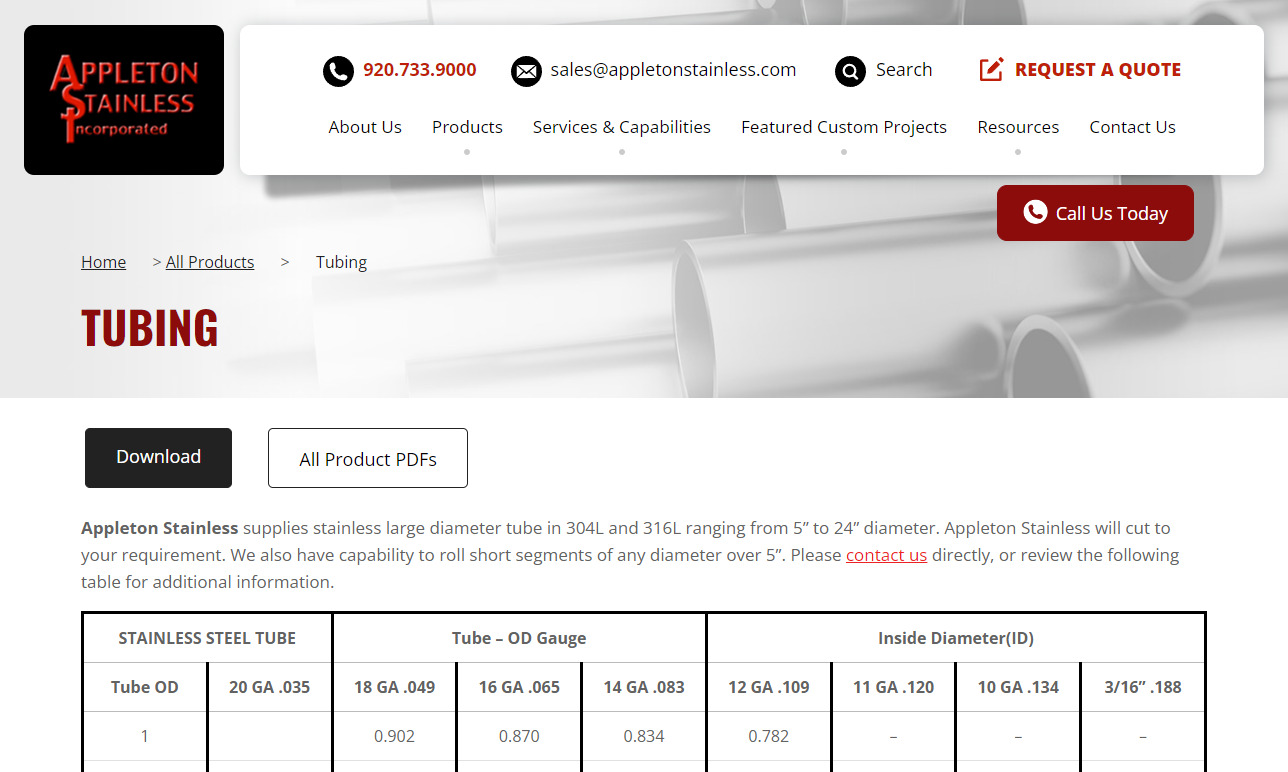
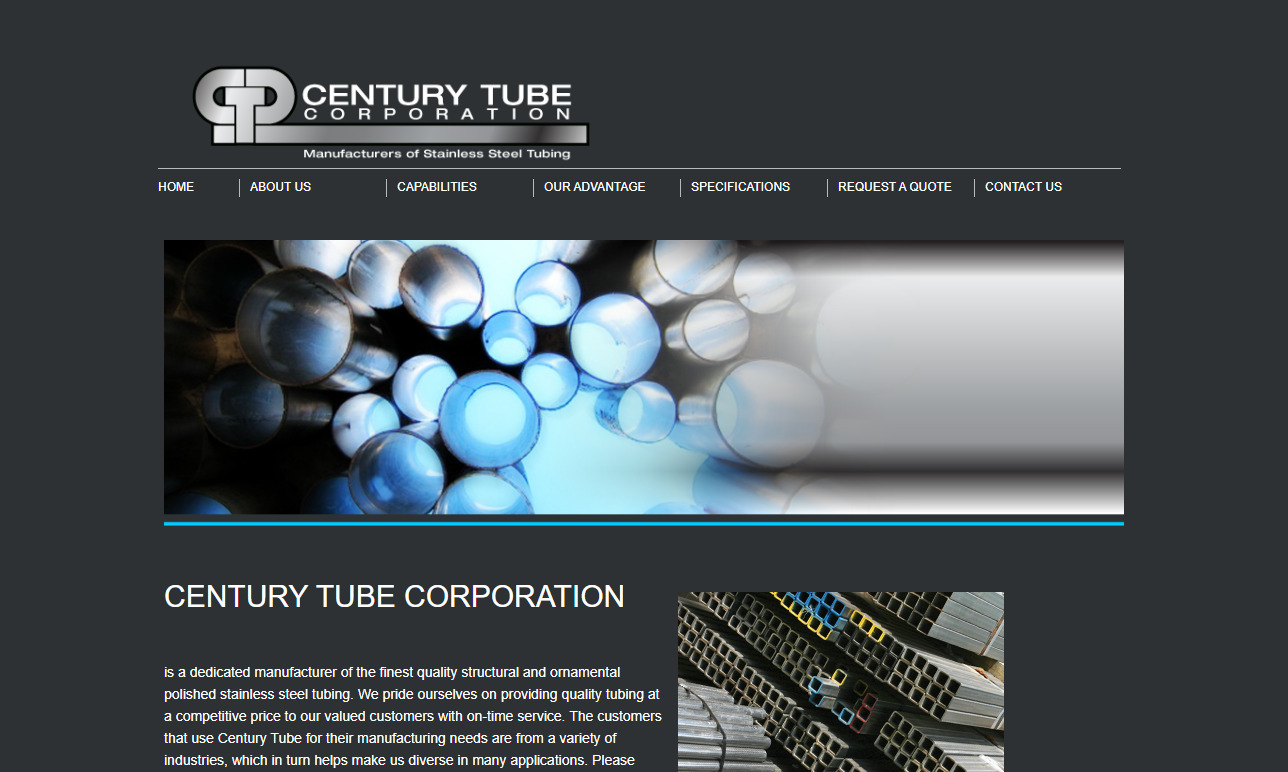


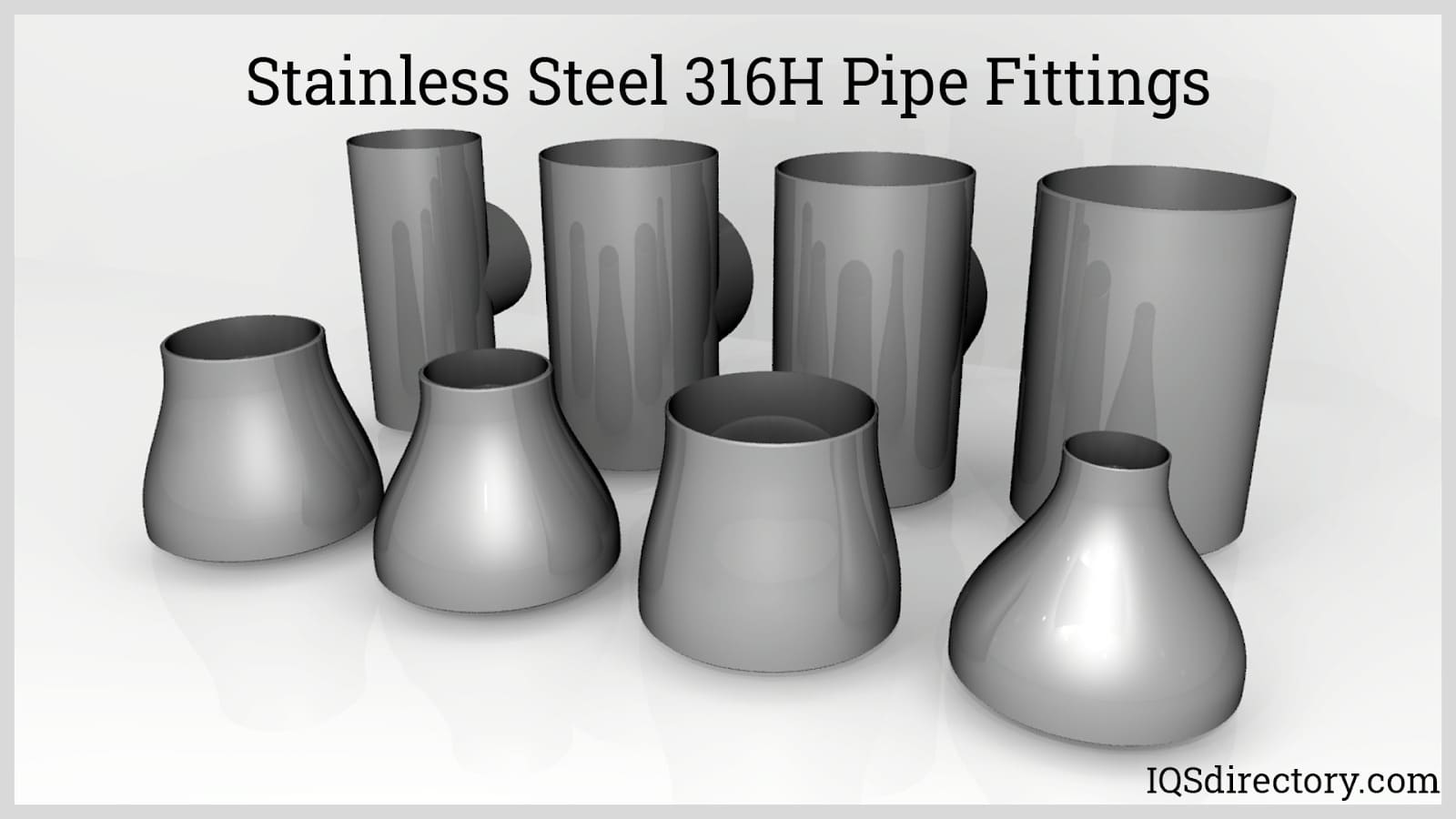
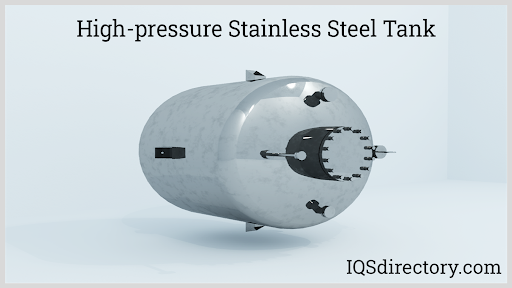
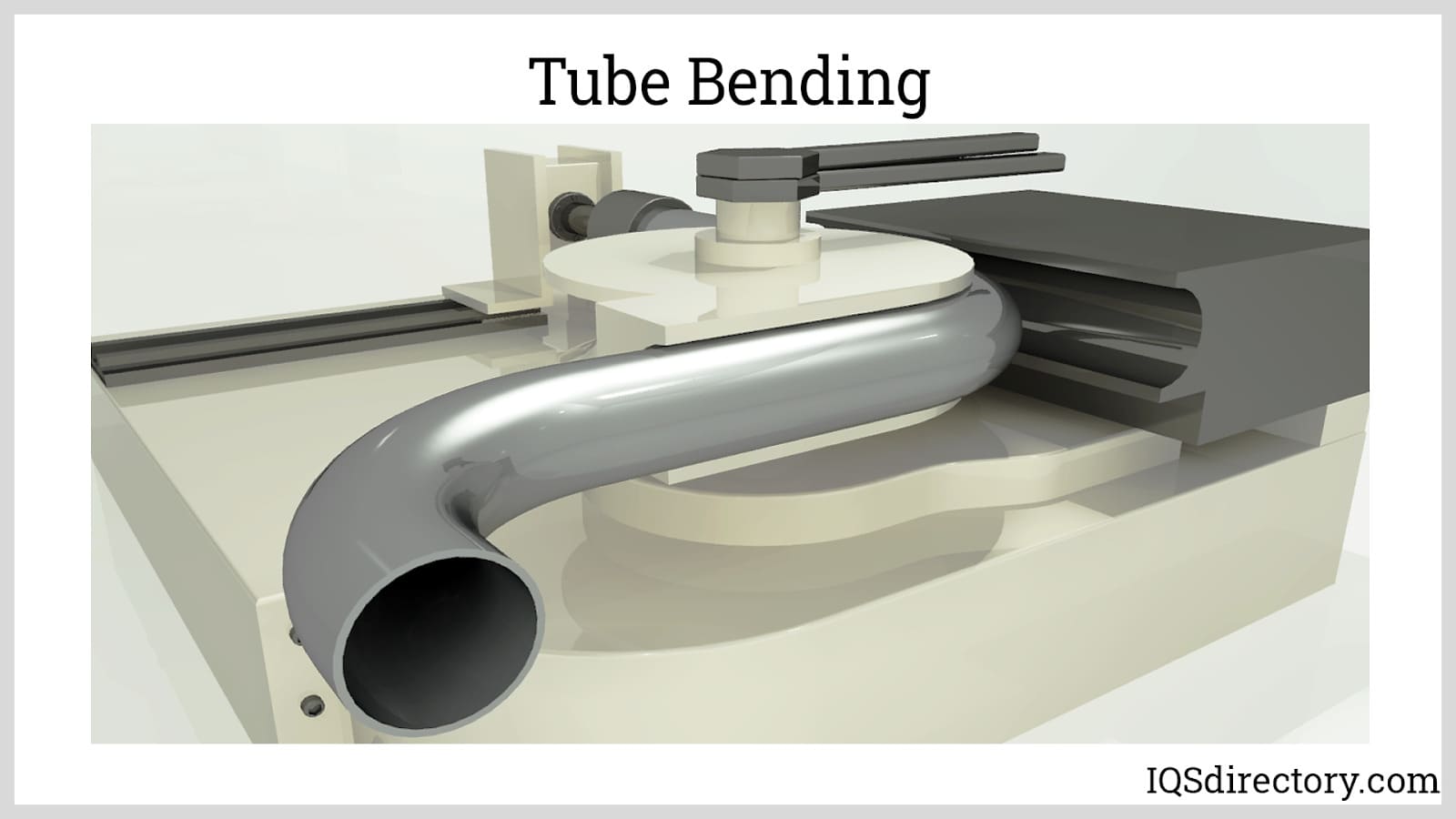
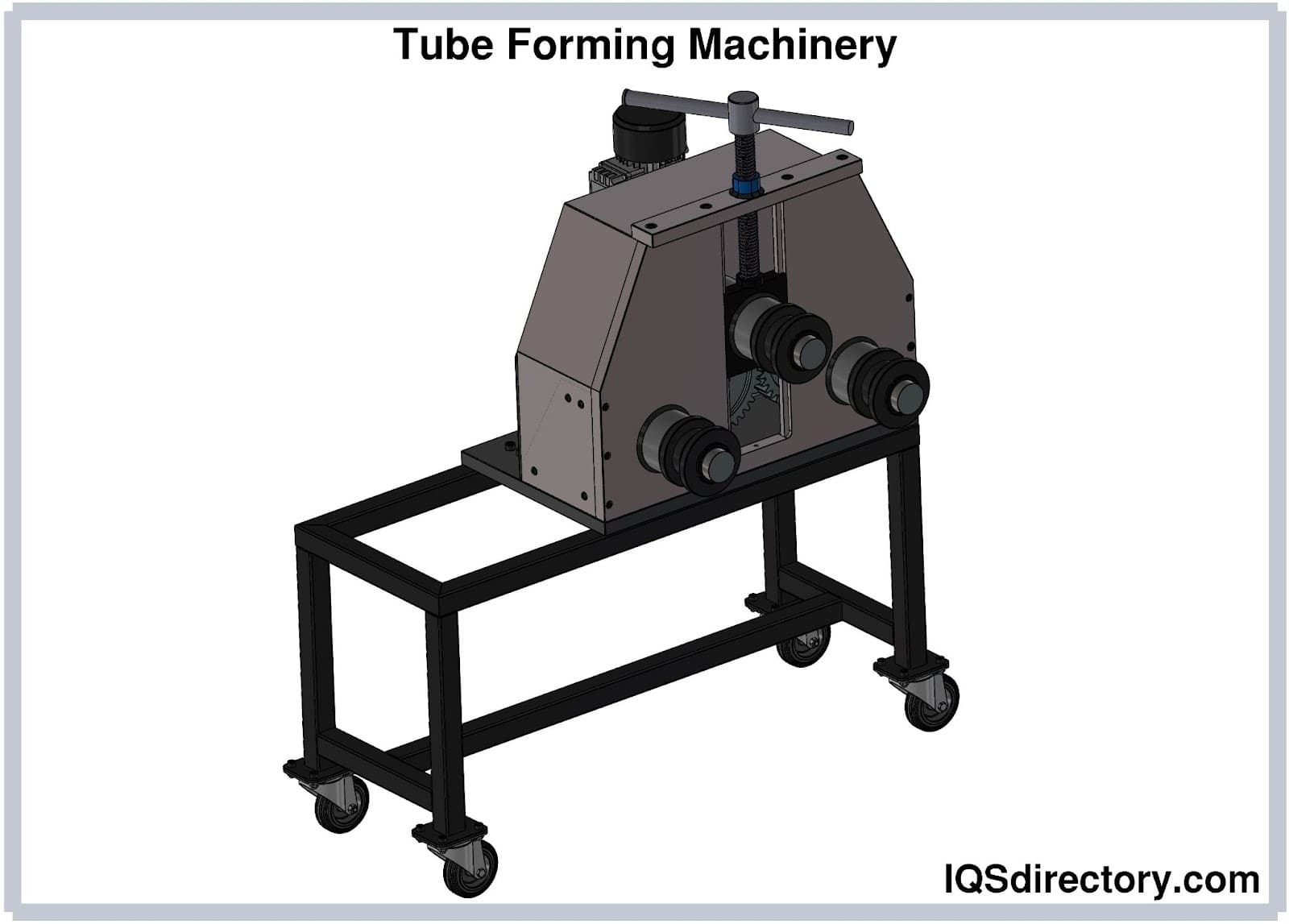
 Alloy Suppliers
Alloy Suppliers Aluminum
Aluminum Aluminum Extrusions
Aluminum Extrusions Copper-Brass-Bronze
Copper-Brass-Bronze Magnets
Magnets Nickel
Nickel Stainless Steel
Stainless Steel Stainless Steel Tubing
Stainless Steel Tubing Steel Service Centers
Steel Service Centers Titanium
Titanium Tungsten
Tungsten Wire Rope
Wire Rope Castings & Forgings
Castings & Forgings Bulk Material Handling
Bulk Material Handling Electrical & Electronic Components
Electrical & Electronic Components Flow Instrumentation
Flow Instrumentation Hardware
Hardware Material Handling Equipment
Material Handling Equipment Metal Cutting Services
Metal Cutting Services Metal Forming Services
Metal Forming Services Metal Suppliers
Metal Suppliers Motion Control Products
Motion Control Products Plant & Facility Equipment
Plant & Facility Equipment Plant & Facility Supplies
Plant & Facility Supplies Plastic Molding Processes
Plastic Molding Processes Pumps & Valves
Pumps & Valves Recycling Equipment
Recycling Equipment Rubber Products & Services
Rubber Products & Services